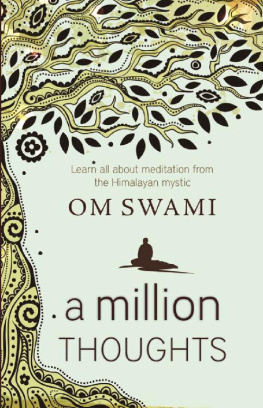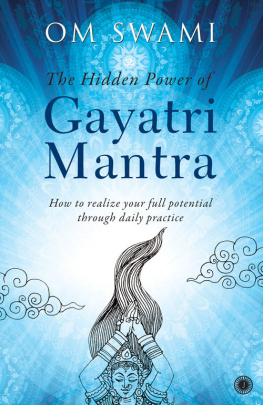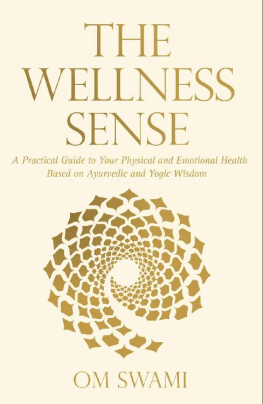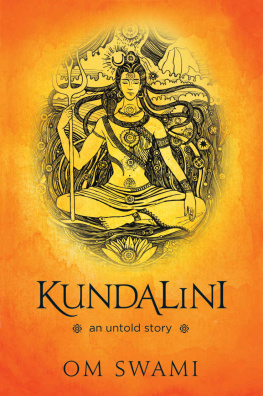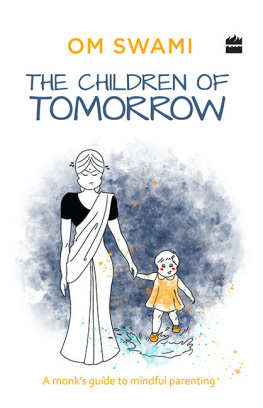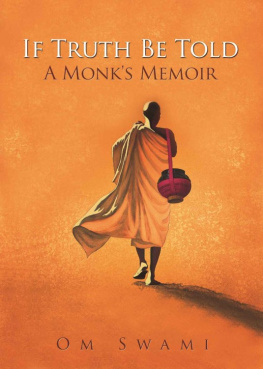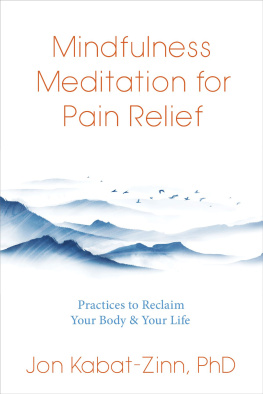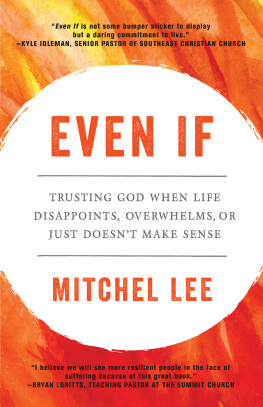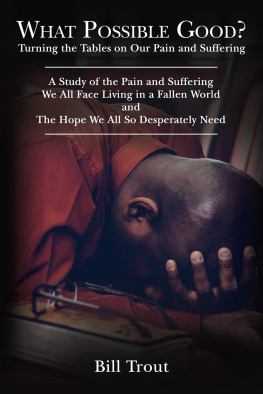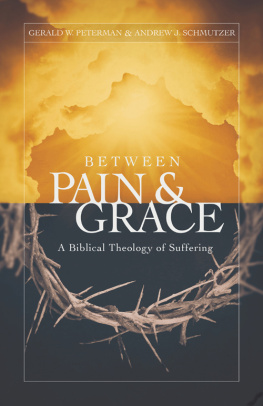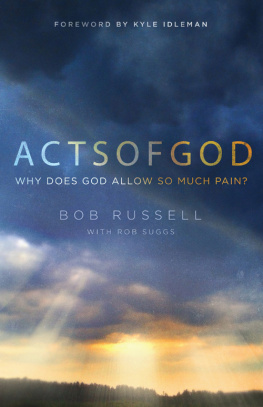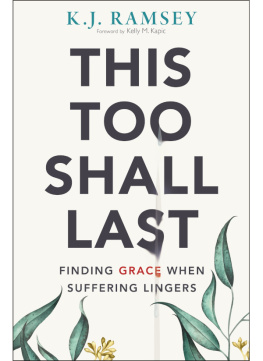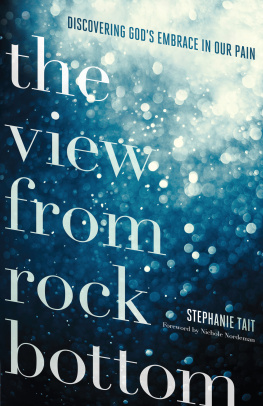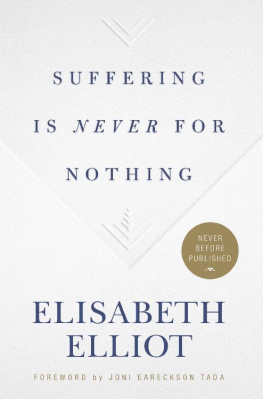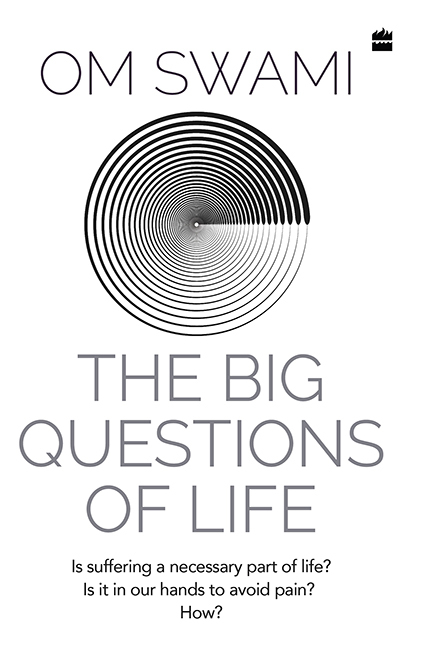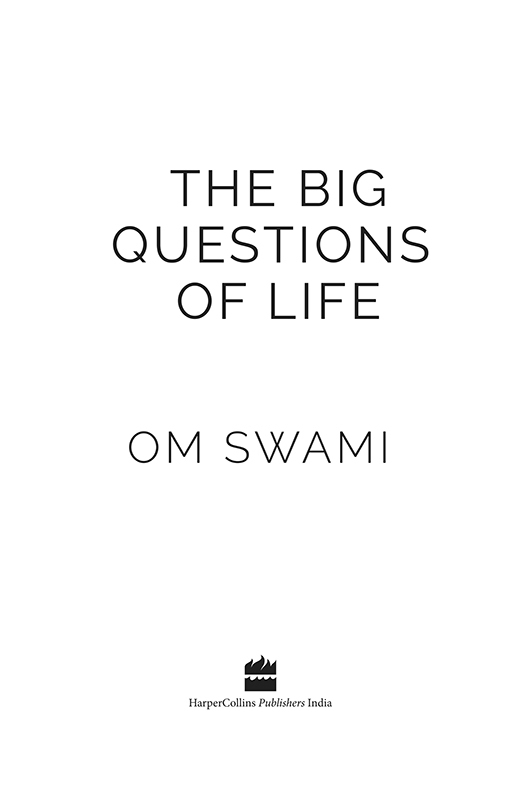Is there no way out of the suffering this life
sometimes seems to be?
S wamiji, my father said to me the other day, life has taught me that one must go through ones journey alone.
He was a bit unsettled, even distraught, as he had recently fallen prey to a fraudulent phone call telling him that his bank card had been blocked. (Mis)leading him through a series of steps, the caller managed to extract his bank details and in under just two minutes, spent my parents entire one months pension on various websites. The bank concluded that it was my fathers negligence that was behind this disaster, for hed shared the transaction password with the caller. Understandably, the police couldnt do much because the call was traced to another state in India.
In the larger scheme of things, its nothing: to lose one months worth of pension when youve been earning for more than four decades. But, as is the way of loss, it is rarely about the absolute nature of the loss itself or its magnitude, and more about how victimized we feel. An unexpected, undesirable incident can catch even the wisest completely off-guard. It took my father more than two weeks to come to terms with the fact that he was tricked. My mother, on the other hand, was cool as the winter breeze and didnt so much as even blink at this monetary loss.
Two people under the same roof, bearing the same loss, are affected differently. What a beautiful and intriguing world we live in.
Ive seen, Father added, recounting his difficult childhood, that no one is there when you are suffering. Only your grit and Gods grace help a person sail through. No one else can help.
I knew where he was coming from, because many people I meet feel utterly lonely when they are down. They are usually not alone, but even with all the help around, loneliness seems to seep in like water through cracks cracks in our consciousness, and in our understanding of ourselves and our view of life. Thats why the Buddha deemed samyaka di (right view of life) as one of the most important elements of self-realization. Krishna, too, repeatedly reminds Arjuna about the impermanent nature of everything and that one must navigate through the duality of life with courage.
mtr-sparhstu kaunteya htoha-sukha-dukha-d
(Bhagavad Gita 2.14)
Forget things, he goes on to say, one day, even all the people you love or hate, wont be in your life or you in theirs ( avyaktdni bhtni vyakta-madhyni bhrata [Bhagavad Gita 2.28]). So, what are you brooding over? Loss in (and of) life is not a question of if, but when. Whatever we are attached to or hold dear in our hearts, losing it is only a matter of time. It is inevitable.
Of course, I said to my father, no one can partake of our suffering, I agree. Its a personal matter. Just like no one else will feel full if you have a hearty meal, or hungry, if you are deprived of one.
He nodded, relieved that I, whom he also looks upon as his guru, validated his view.
However, I continued, they can share your loss, they can share your pain. You may not pass on the fulfilment of a good meal but you can share your food with them. Thereafter, whether they feel full or foul is up to them. And, thats what suffering is: it is not what is happening to us but how we see what is happening to us. It is not the actual situation but our interpretation of it that then governs our feelings. Change the interpretation and feelings change on their own.
You cant change your feelings by just wanting to change them, no matter how desperate or strong-willed you may be. You need to find out what is evoking these emotions in you. Go to the source. It could be an incident or a set of incidents, certain people, and so on. Then ask yourself if you wish to feel differently. If so, begin with the assumption that nothing or no one else is going to change. They are where they always have been, they are exactly where they are supposed to be. Develop a broader view, distract yourself positively, look at the brighter side, practise loving-kindness towards yourself and others, and gradually, your perspective will begin to shift. When it does, everything else will shift with it.
Once the Buddha was confronted by a monster called Suciloma, whose name translates as Needle-hair. He was a prototype punk with needles for hair! He wanted to find out if the Buddha was really enlightened. So, he sat next to the Buddha and leaned towards him to prick him, but the Buddha leaned away.
Aha! said Needle-hair. You dont like pain. Youre not really enlightened. An enlightened person would maintain equanimity no matter what. He wouldnt have any likes or dislikes.
The Buddha said, Dont be stupid. There are things that are going to cause problems for my body. Its going to hurt it and make it unhealthy (SN 10:53).
This is just common sense. You dont step on snakes, you dont run into fires, and you dont allow needles to poke you. You move away. Its common sense, not attachment.
Thats loving-kindness toward your body: keeping it healthy, keeping it safe.
Often blinded by our experiences, conditioning, and set in our ways, though, thats exactly what we do: we step on snakes, run into fire and allow needles to poke us. Snakes of attachments, fire of desires, and needles of jealousy and covetousness. They bite, burn and hurt. We call it suffering and we think that this is the way of life. We mistake our pain for our suffering. We have little control over the former, but the latter is almost entirely in our hands. We can take things in our stride or be tossed into the tide. This choice, we must remember, is in our hands. At all times.
A man went to a pizzeria and ordered a large whole-wheat pizza with a diet Coke.
Should I cut it into six slices or ten? the owner asked.
Ten! Ten! the man winced. Someones trying to lose weight here! Cut it into six!
Its the same life; if you want it all to yourself, then whether you divide it in six or ten, it doesnt matter. As I wrote in Mind Full to Mindful , Nothing matters. Eventually. The sooner you realize this, the quicker conflicts or challenges will stop bothering you.
Pain is inevitable, suffering is optional. Loss is unavoidable, grief isnt. Death is certain. And life, well, life isnt certain. Its uncertainty, unpredictability, even irrationality, make it what it is: worthwhile, a blessing. You can see its attributes as appalling, boring and cunning or as adventurous, beautiful and captivating. Your choice. Thats the ABC of life.
As in a game of Scrabble, what letters end up on your rack are not in your hands, but what words you coin and where you place them are a matter of skill and knowledge. The less ignorant you are in vocabulary, the more chance you have of scoring. The faster you empty your rack, the higher the odds of getting better letters and more options. If you dont let go of the existing letters or crib about how unfortunate you are, you lose your chance of scoring. Life is no different.
The alphabet is the same, its just what words you construct with the letters available to you that makes all the difference to what you feel about everything. Yes, absolutely everything.


